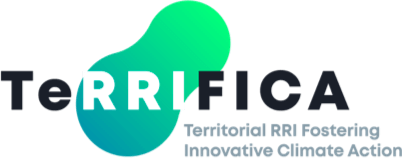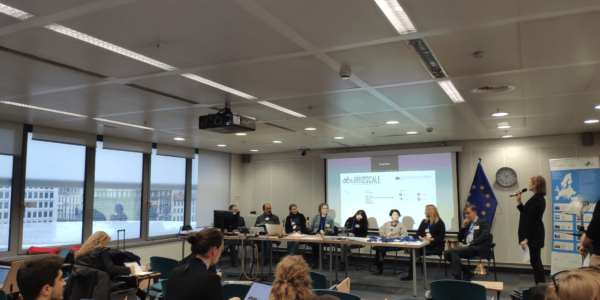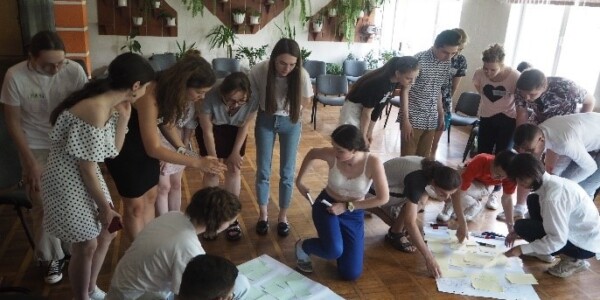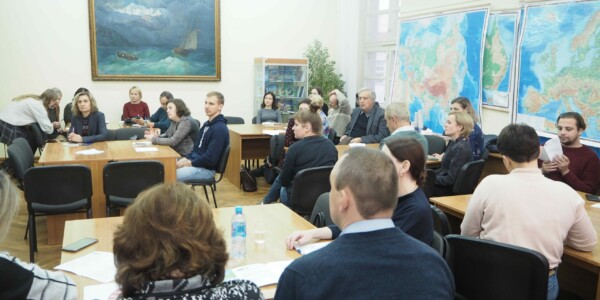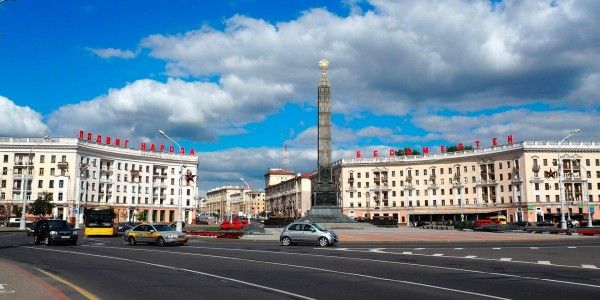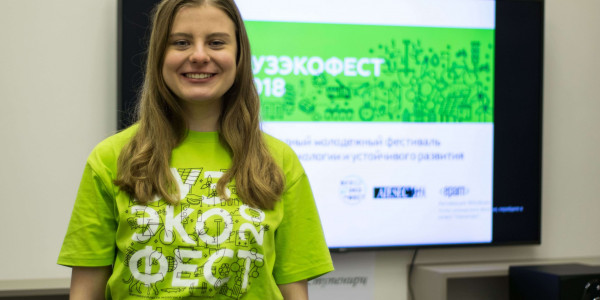belterrifica@gmail.com
Pilot region
Minsk
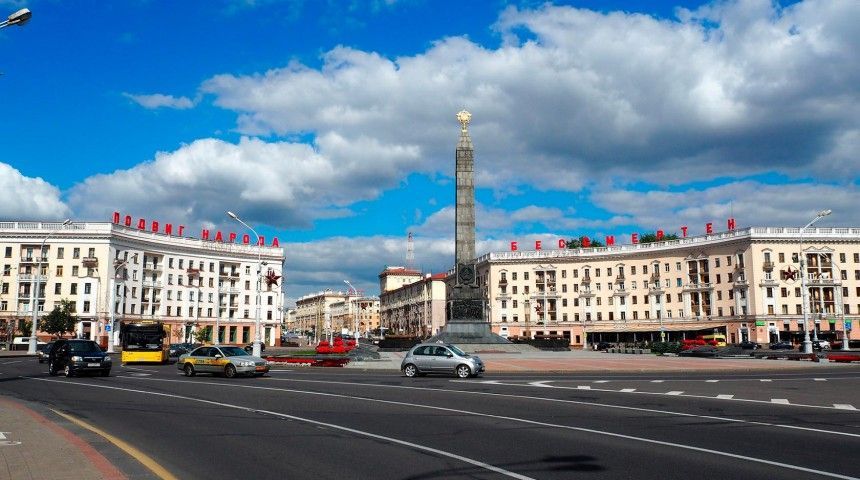
Minsk
Minsk is the tenth most populated city in Europe. It is the largest economic and industrial city and the biggest transport hub of Belarus. Its area is 348.84 km², the population around 2 Mln people.
The main ecological challenges of the region are:
- Air and Soil Quality. The main pollution sources and the fine particles PM 2.5 emitters like automobile and machinery manufactures as well as transport hubs are located in the “grey” zones, which make up almost 35% of the city (Frunzensky, Zavodsky and Partizansky districts). In winters, the public utility providers still apply harmful chemicals for the snow and ice control on the roads.
- Wastewater Management. Some industries still discharge effluents untreated, whereas the city has problems with the final disposal of sewage sludge, due to the limited productivity of landfills.
- Green Areas. Minsk has around 20 parks and green zones, but the new neighborhoods still lack substantial tree cover and green spaces, that’s not to mention the negative impact of urban growth on habitats and biodiversity.
- Climate Change Mitigation and Adaptation. Currently, despite Belarus’ national commitment to counteract climate change, there is no clear climate change policy at the city level. In the absence of proper data collection on this issue, the decision-making process to find about the optimal balance between the economic growth and commitments made at the national level is being impeded.
ESD Association, the coordinator of TeRRIFICA project in Belarus, along with other CSOs, like IPO EcoPartnership and Interakcia Foundation, acting as supporting structures of the Covenant of Mayors for Climate and Energy in Belarus, implement various co-creation activities in order to initiate the stakeholders’ engagement in the development of the climate agenda of Minsk city.
Whereas in 2019 TeRRIFICA project in Belarus was focused on data collection, mapping stakeholders, testing crowdmapping tool and development of behavior change methodologies, based on best practices and tools in climate mitigation and adaptation, in 2020-21 the project is aiming to educate teachers and young activists as multipliers, who will be able to engage local communities and relevant stakeholders in the climate change adaptation and mitigation practices. With this purpose a row of educational activities:
– Climate Workshops, (as Training for trainers and as an educational 5-moduled course),
– Crowdmapping quest, suggested for Minsk schools,
– Climathon “Young Innovators”, in partnership with Climate KIC, European Knowledge and Innovative Community
– National Summer School for young researchers and climate activists along with co-creation events like “Discussion Climate Clubs” and round tables at university conferences are planned for the 2020-21 in Belarus.
